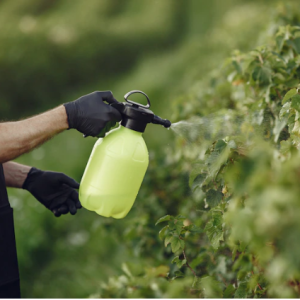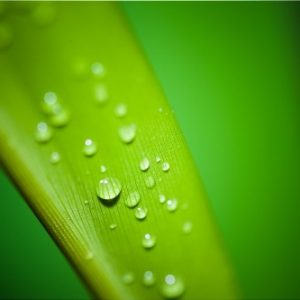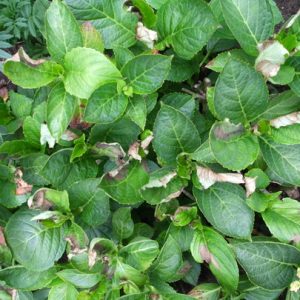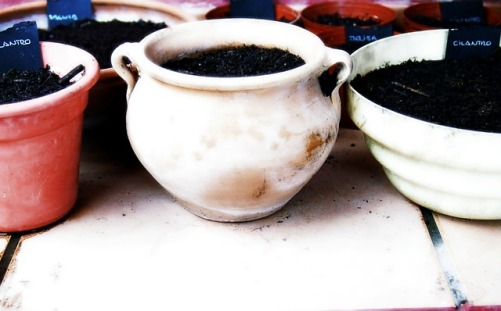Whether you have a garden at home or not, pests can be a problem. Luckily, there are several things you can do to keep pests from eating your plants and taking over your entire yard.
Common Beetles
Whether you have a large or small home garden, there are a variety of common beetles that can cause damage to your flowers and fruits. Although they are not a major threat, they are a nuisance and can cause significant damage to your plants. Fortunately, there are ways to control the beetles that you see.
First, check your plants to see if they have been damaged by beetles. If you have seen beetles on your plants, it’s important to identify the species. If you are unable to identify the beetle, contact a professional exterminator. They can identify the species and treat the infestation safely.
Second, clean up spills and spilled food. This will help prevent beetles from feeding on your food. Third, empty any pet food. This will help reduce the number of beetles in your home garden.
Fourth, check your soil for eggs and larvae. If you have an infestation, you can spray pyrethrum and isopropyl alcohol solution on the soil around your plants every three to five days. In addition, you can cultivate the soil to reveal the larvae.
Finally, you should take a look at your bushes and trees. If they are infested with beetles, you should trim them to reduce the population. In addition, you should remove any food sources, such as seeds, leaves, and roots, that beetles may be using.
If your beetles are not infesting your plants, you can try handpicking them. The best time to do this is in the early morning or early evening. If you are not able to handpick them, you can use a ShopVac or wet/dry vacuum to suck up the beetles.
Beetles can be very difficult to get rid of once they are established in your garden. If you have an infestation, it’s best to contact a professional exterminator to remove the beetles.
Caterpillars
Identifying caterpillars is an important first step to controlling them. Caterpillars can be easily identified by their ragged holes in the leaves. They will defoliate your plants and eat them up.
There are several ways to control caterpillars. One of the best ways is to use row covers. These are made from porous netting that will discourage pests.
Another option is to place old wood around your garden. This will keep slugs and other bugs from entering your plants. Another method is to use insect screens to keep butterflies from laying their eggs on your plants.
If you are really interested in controlling caterpillars, you might consider using Bt (Bacillus thuringiensis). It is an organic insecticide that kills caterpillars without harming other plants.
Another way to control caterpillars is to plant varieties that attract beneficial insects. Some species of insects, such as the green lacewing, will feed on caterpillars, reducing the number of these insects in your garden.
Using soap and water can help prevent caterpillars from feeding on your plants. Make sure to use soap that is safe for humans and pets.
Another way to control caterpillars in your garden is to plant species that are native to your area. These plants provide habitat for other beneficial insects. Also, plant vegetables and herbs that are scented.
The best way to control caterpillars is to prevent them from eating your plants in the first place. Some of the best ways to do this include identifying caterpillars and removing them when you see them.
Some of the most effective ways to control caterpillars include using predatory techniques and natural methods. You can use a gloved hand to catch and remove caterpillars. You can also throw them away as far as you can.
Cutworms
Keeping cutworms in check is important to the health of your garden. They can destroy up to 75 percent of your crop if they are numerous. The best way to control them is to monitor your garden regularly and implement preventative measures.
Early detection of cutworm damage is key. Early signs include plants that are toppling over, holes in foliage and bare areas.
Once you find a cutworm infestation, you can try to control it using natural pesticides. Bacillus thuringiensis is a good option as it is safe for animals and plants.
Insecticides with carbaryl ingredients can be used to treat serious cutworm infestations. However, you should never spray when beneficial insects are present.
It is important to remember that cutworms only attack plants at night. Therefore, you should monitor your garden during the day. This will allow you to see the poop of cutworms.
Once you have discovered cutworm damage, you can collect the larvae with a soil sifter. You can also wrap the bases of plants with aluminium foil to prevent them from attacking.
Cutworms are also killed by birds. Birds such as sparrows, blue jays, wrens and blackbirds can eat them.
Another natural enemy of cutworms are spiders, frogs and beetles. These predators help keep cutworm populations under control. The more natural enemies you have, the less you will need to rely on chemical intervention.
You can also try using neem oil to keep cutworms in check. Neem oil coats cutworm eggs to make them less likely to hatch. You should apply neem oil early in the morning before the sun gets too hot.
Cutworms can cause damage to garden plants, including young fruit. The larvae are tiny and can wreak havoc on transplants.
Grasshoppers
Grasshoppers are one of the most common insect pests to plague gardens. Their voracious appetites can result in damage to most plants. However, there are ways to manage and control the population of grasshoppers. Here are some tips.
First, try to prevent grasshoppers from entering your yard. This can be done by netting plants that are vulnerable to invasion or by using a barrier covering. These barriers may include a lightweight cloth or floating row cover. They must be secured above plants with stakes or hoops.
Second, if you’re experiencing a large population, consider applying insecticides. These should be directed at young grasshoppers. It is important to remember that insecticides are toxic to bees, aquatic life, and other organisms. They may be effective at killing grasshoppers once applied but are not effective long-term.
Another method of controlling grasshoppers is to use a glass pane trap. You can make one by cutting the top off a drink bottle and inverting it. This trap is a great way to control grasshoppers in small farms or backyards.
Another method is to use neem oil. It is derived from the Neem tree in Australia and has been found to discourage grasshoppers from entering a garden. This oil is commonly used as a fungicide and pesticide.
Lastly, you can consider using an organic concentrate. Grasshoppers are considered a pest by many organic gardeners. This concentrate is a strong insecticide that is safe for use on fruit and vegetable bearing plants.
Insecticides should only be used when they are necessary and only when they are properly applied. In addition, they should be reapplied every few days. The label will indicate when the application is allowed.
Biological Control
Biological control is a natural, ecologically friendly way to control pests in home garden landscapes. It involves the use of agents such as pesticides and natural enemies. The objective of biological control is to limit pests to low levels while maintaining ecological balance.
The types of agents used for biological control vary according to the pests involved. The best agents are those that provide mortality early in the pest cycle. For example, a bacterium, such as Bacillus thuringiensis, is effective against beetles and caterpillars.
Another type of biological control agent is fungi. Fungi are safe to use and have a broad host range. They are also effective in controlling multiple pests with a single product. Most commercial fungal products are formulated as spores. They are easily adapted to existing application technology.
Predators are also an effective biological control agent. Many different kinds of predators feed on insects. However, predators have less host specificity than parasitoids. They also feed on a smaller range of prey species.
Insects are important to the diet of many vertebrates. Although they are not always focused on pests, predators often deposit eggs in or near them. In addition, predators eat more than parasitoids.
There are many different types of predators, including lady beetles. These predators can limit pest populations by feeding on them. They can also disrupt the life cycle of pests by depositing their eggs in or near the pest.
Parasites are also an effective biological control agent. Parasites are usually highly specialized and attack only one or a few closely related species. Parasites kill the host, lay eggs on other insects, and may also feed on plant nectar, pollen, and honeydew. In addition, parasitoids are generally more effective than predators, which is why they are important in limiting pest populations.




